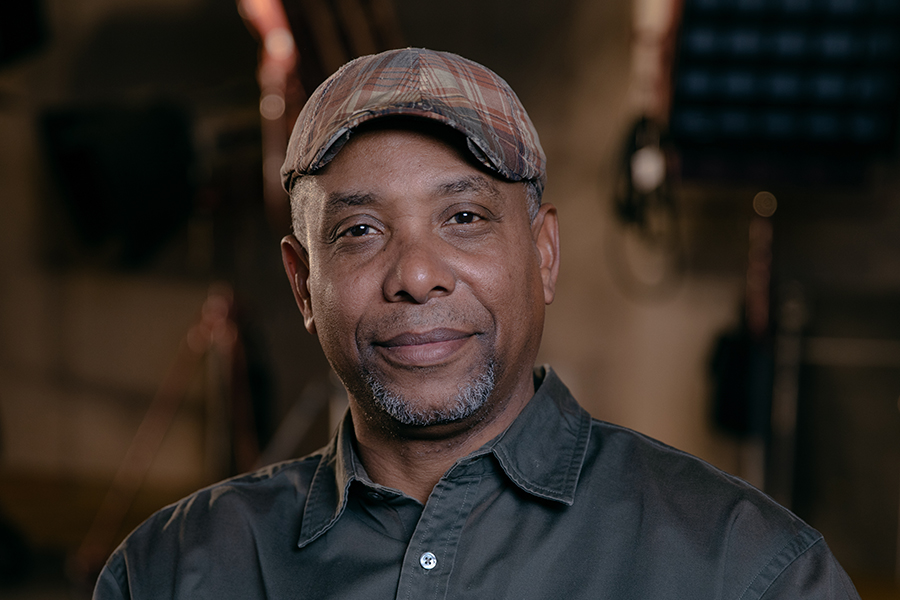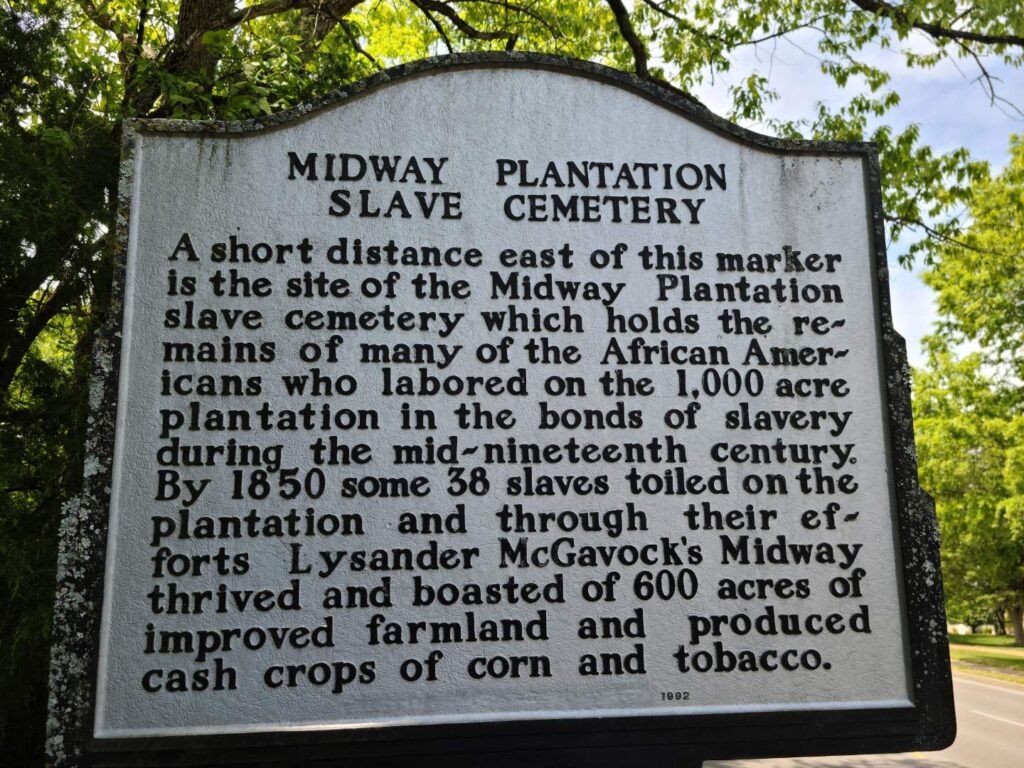
When professor and cinematographer Charles Swanson accepted a role as an executive producer on a high-profile limited series to explain the work of the California Reparations Task Force, he knew he was in for a challenge.
Swanson, a cinematography professor in Loyola Marymount University’s School of Film and Television, has been involved in major film productions, including award winners, but telling the story of reparations and their significance struck him on a deeper level.
“One of the key moments at LMU is to meet the mission,” Swanson said. “Utilizing our abilities to link the school to the mission is so important. It is another way of seeking social justice.”
The California Reparations Task Force voted on May 6, 2023, to recommend that the state issue a formal apology for slavery. In addition, over 115 recommendations for repair will be issued along with methods to calculate cash payments to descendants of African Americans who were enslaved in the U.S. The task force will present its completed recommendations to the state Legislature by July 1, which will then act as a manual for lawmakers and Gov. Gavin Newsom as state elected officials begin to debate righting the lasting harms of slavery and discrimination.
Swanson came to the project after he was convinced by his colleague and neighbor Cheryl Tawede Grills, President’s Professor in the Bellarmine College of Liberal Arts and professor of psychology. Grills, one of nine members of the Reparations Task Force, is a renowned teacher-scholar, leader, activist, and visionary whose innovative community-based research has addressed health disparities, homelessness, and education reform. Grills also developed Emotional Emancipation Circles, a highly sought-after training that allows community members to recognize and alleviate the distress associated with racial stress and racial trauma. “Reparations is an act of justice whose time is 400+ years overdue,” said Grills. “Reparations allows America and California to make American ideals and principles real.”
Grills and Swanson conceived of the project in 12 episodes aligned with the twelve chapters of harm contained in the Task Force’s 2022 Interim Report, with the trailer for Episode 1 due to be shown to the Legislature at the end of this month. The first episode, “Pathologizing the Black Family,” focuses on the Black family as an institution that has been assaulted and dehumanized in scope and over time. It reveals one critical example of why reparations are owed on a state and national level. The initial grant was awarded by the Department of Interior via the National Alliance of African American History Commission for $300,000 and has been utilized to produce the first episode.
To complete the project within the tight timeline, Swanson collaborated with Chann Berry, director, producer and head of Urban Winter Productions, which turned out to be a fortuitous choice. “Chann delves into the immediacy of emotion and has excellent interview techniques,” Swanson said. “The LMU students he talked with gave amazing interviews, and the faculty interviews, include Marne Campbell, Ph.D., and Magaela Bethune, Ph.D., were very insightful.”
The production crew also traveled to Washington, D.C., and Nashville to talk to experts who have California connections about the many aspects of reparations. In addition to on-camera interviews, SFTV graduate students Darnelle Casimir ’24, Keisha Davis ’23, and McCristol Harris ’24 are working as production and research assistants.
Funding for Episode 2, tentatively titled “The History and Legacy of Enslavement,” has been secured from the Weingart Foundation. Swanson said that an episodic pursuit of the reparations story allows for viewers to have time to acclimate all the information. Making the complex case for reparations, Swanson said, is to convince even skeptical viewers that reparations are warranted, legitimate and a just cause.






